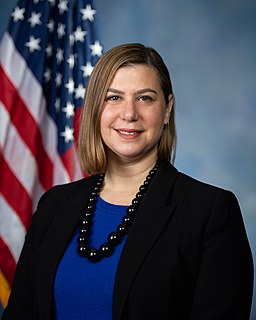A Quote by Tatiana Schlossberg
Farmers and agricultural authorities must take account of climate change and the prospect of increased rainfall in designing strategies to mitigate the effects of nutrient pollution.
Related Quotes
As to the latter point - that by having a child in America you are somehow starving a child in Bangladesh - remember that agricultural economics is not a zero-sum game. Farmers want to make a living, so as demand increases, so does production. Not only that, but agricultural productivity has increased so rapidly that in some countries the government pays farmers not to plant crops in an effort to keep food prices from dropping.
Another agricultural trend of growing concern is the increased nutrient content of coastal waters resulting from fertilizer runoff in agricultural regions. Augmented by urban sewage discharge in some situations, this results in huge algal blooms, which, as they die and decay, deplete the oxygen content in the water, leading to the death of the fish.
































